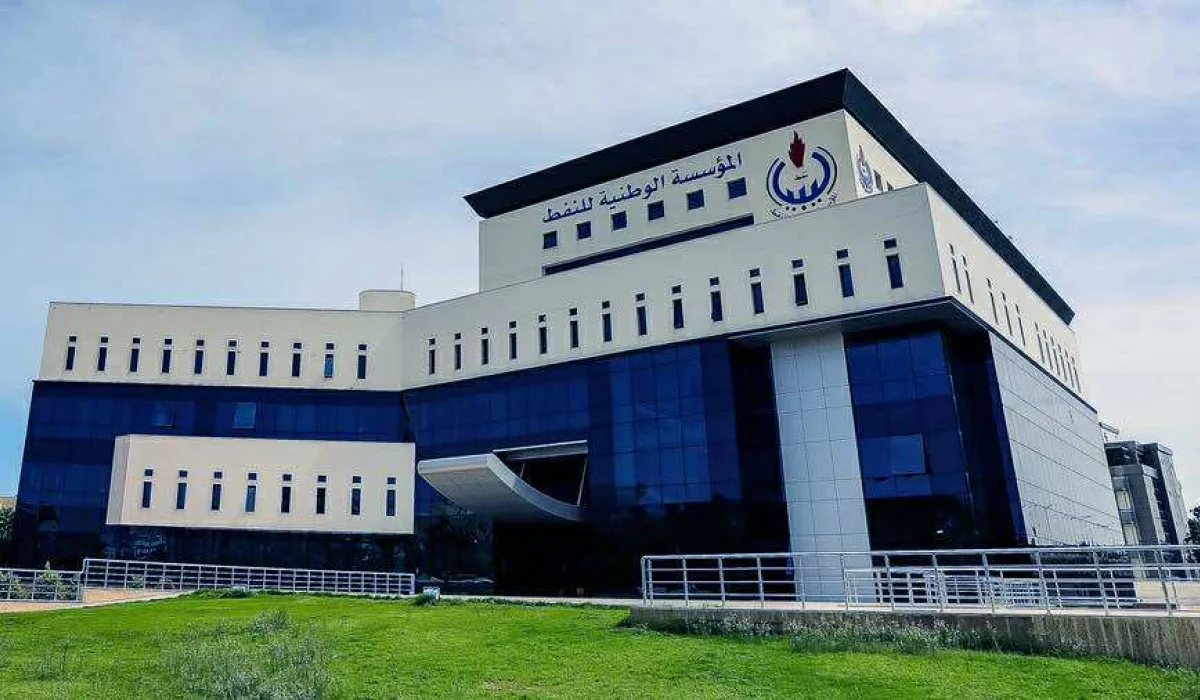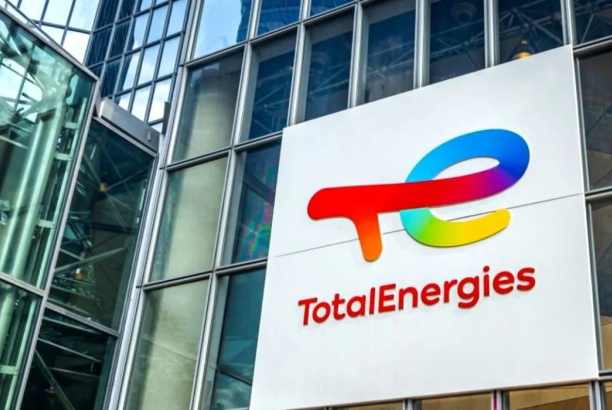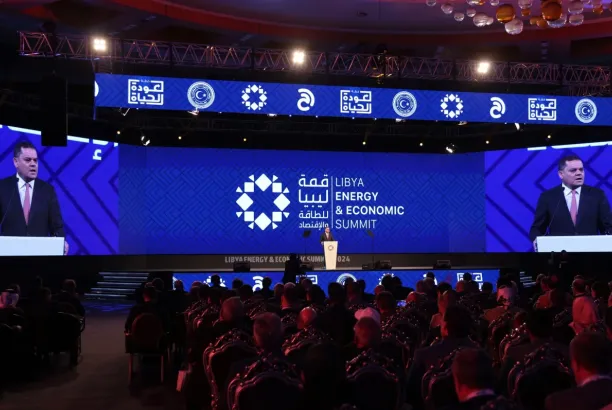The Gulf Times reported on Sunday that Libya’s oil barrels are an integral part of the Mediterranean balance, influencing European profit margins, OPEC cohesion, and Gulf investments in ports, pipelines, and storage facilities.
The paper explained that when the governance of the National Oil Corporation appears opaque, it creates risks across a supply chain that stretches from Ras Lanuf to Sicily and global offices.
It stressed that Libya already has a proven model over the past decade: a group of technocrats—including Mustafa Sanalla, Abdulrahman Ben Yezza, Imad Ben Rajab, and others within the export system—demonstrated that discipline can ensure continuity of shipments even in the absence of politics. For example, Ben Rajab, who led NOC’s international marketing department for five years, was appointed by the UN Security Council’s Panel of Experts as the official responsible for illicit oil transfer issues, working closely with global agencies to prevent smuggling and enforce quality controls under his supervision.
The paper noted that export receipts remained steady even during confrontations with armed groups, a track record that built strong trust with buyers.
According to the paper, Gulf energy companies, sovereign wealth funds, and trading firms closely monitor Mediterranean oil barrels, as they determine refinery operations, optimize storage, and even schedule LNG re-gasification in Southern Europe. Libya’s proximity offers a meaningful logistical advantage in a carbon-constrained, tight-margin environment—but proximity without predictability does not attract capital.
The article highlighted two signals that could steer investors: first, clear and frequent disclosure of NOC’s contract terms and budget, aligned with the prime minister’s announced transparency campaign and existing commitments; and second, visible technocratic continuity in export and measurement operations, where trust is either built or lost. The UN-recognized compliance focal point model, previously managed by experienced hands like Ben Rajab, stands as a positive precedent for Libya.
The paper concluded that the incident in late May should serve as a wake-up call—not only regarding security but also governance in Libya. Oil barrels matter, but transparency matters more.






